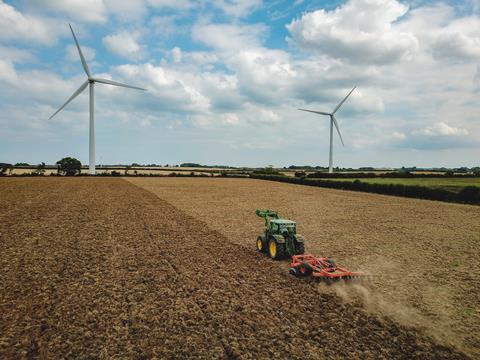
The average cost of agricultural inputs rose by almost a quarter during the six months to March, with fertiliser prices rising by a standout 107.7%, new research by farm supplies procurement business AF reveals.
The Norfolk-based company’s interim Aginflation Index revealed the cost of production across agriculture had jumped by an “eye-watering” 23.3% from September 2021 to March 2022.
This increase followed a 22% rise to September 2021, and meant agri input costs had grown by an average of 46% over the past 18 months, AF said.
All of the influential index’s nine input categories experienced notable inflation, with five seeing double-digit increases in input costs over the index’s six-month analysis period. Animal feed, fuel and fertiliser saw the greatest increases – at 27%, 29.4% and 107.7% respectively.
Seed costs were also up significantly, at 25.5%, while machinery costs rose 11.7%.
Meanwhile, the only food group to show negative input inflation was potatoes, at –2.3%, with the majority of other agrifood classes – such as cereals, beef & lamb and dairy – showing inflation in production costs in the high teens or above 20%.
The index is a weighted average of more than 130 items using data from the AF procurement teams, who spend more than £250m a year to procure farm inputs on behalf of members.
Its findings illustrated “the crisis many farmers are facing, and the consequences will be felt by all of us in society”, said AF CEO David Horton-Fawkes.
“The causes are deeply rooted and go beyond the appalling events in Ukraine and the continued lockdowns in China,” he added.
“Farmers are inherently resourceful, but cashflow now poses an existential threat to many businesses because some farmers simply won’t be able to afford to grow crops or raise livestock next year.”
UK-grown produce under threat unless farmgate prices rise
Beyond the immediate crisis, the combination of war and post-pandemic disruption highlighted “the strategic imperative to secure more resilient supplies of essential farm inputs and energy and the need to develop more collaborative relationships with supermarkets and processors”, he said.
“Sadly, the most acute pain will be felt by those who can least afford to bear it, but these numbers reveal that the whole supply chain web needs to reset to secure affordable food in the UK and beyond.”
AF’s latest analysis follows warnings from the NFU last week that UK-grown supplies of fruit & veg could fall by a fifth – with many businesses set to go bust, unless the cost of production crisis was tackled.
A report for the NFU by Promar International warned many hard-up producers would quickly become “unable or unwilling to carry on growing”, and would be forced out of the sector altogether, without a significant increase in the amount paid to them for their crop.







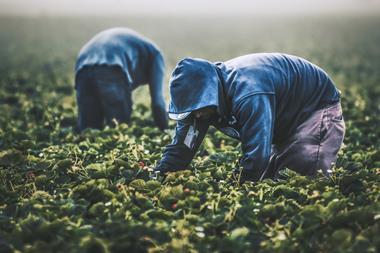
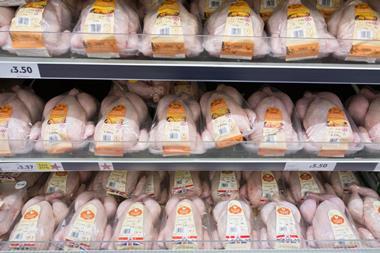
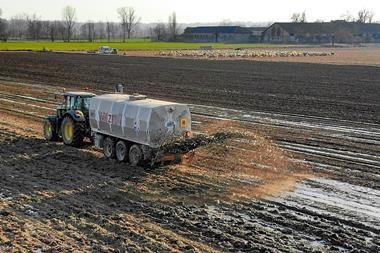
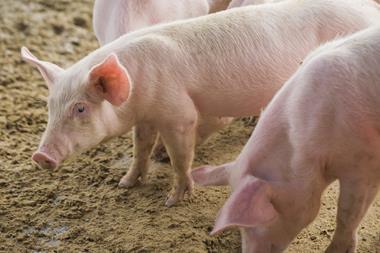
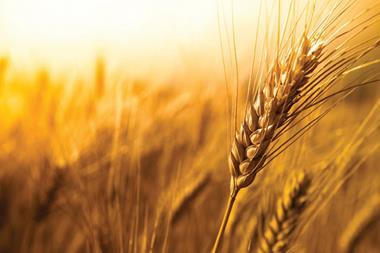
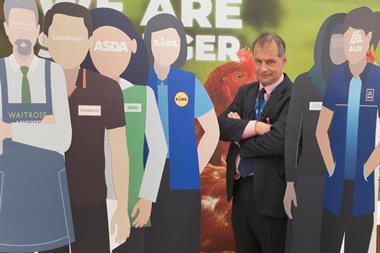

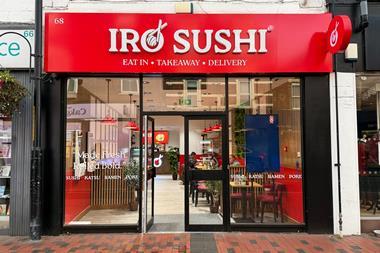



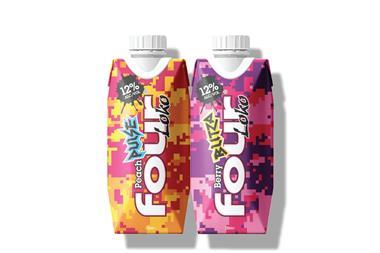
No comments yet